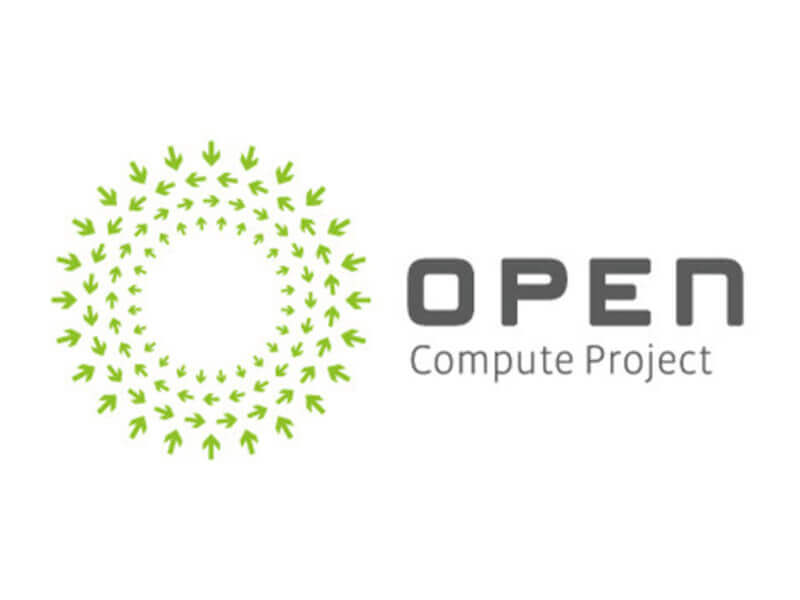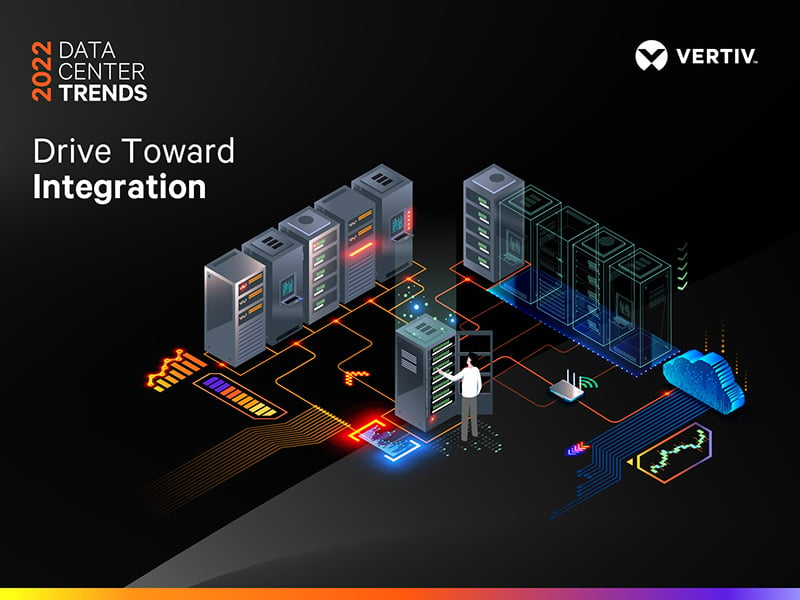Liquid cooling continues to gain momentum as more data centers are requiring support for high-density equipment racks. However, some operators considering immersion cooling systems, which offer the highest efficiency of any data center liquid cooling technology, have been challenged by the lack of clearly defined requirements for these systems. The release of the Open Compute Project’s (OCP) updated Immersion Cooling Requirements 2.0 document delivers the clarity they’ve been waiting for.
Most importantly, the document provides detailed requirements to ensure the safety of immersion cooling systems for data center personnel, IT equipment and the environment. But it does more than that.
It classifies the features that contribute to quality and availability in an immersion system and includes guidelines for optimizing the thermal design, heat transfer, and component placement in single-phase and two-phase immersion systems.
Operators considering immersion cooling technology will benefit from the definition of standards that make it easier to evaluate competitive systems as well as the list of practices for retrofitting air-cooled IT equipment for immersion cooling. The document also specifies the dielectric fluids that can be used with immersion cooling systems and provides wetted material compatibility guidelines for these fluids, addressing one of the key challenges operators face when deploying liquid cooling technology. It is designed to be used to directly support the deployment of an immersion cooling project or as the foundation for custom requirements.
As a contributor to the paper, I know how much thought and work went into the development of these requirements, and I believe the updated document supports the OCP’s mission to “apply the benefits of open source and open collaboration to hardware and rapidly increase the pace of innovation in, near and around the data center.”
The extent of “open collaboration” that occurred with this document was truly impressive and will contribute to accelerated adoption of immersion cooling, which is one of the most exciting innovations to come to the data center in years. The updated requirements document counts representatives from chip manufacturers, immersion cooling specialists, fluid manufacturers, infrastructure providers, and server manufacturers among its authors.
This level of collaboration will be essential in realizing the potential of immersion cooling, which requires coordination across a range of technologies to effectively address the challenge of removing heat from high-density environments. With chip and IT equipment manufacturers now rolling out their roadmaps for equipment tailored to the requirements of immersion cooling, the last barrier to this technology – the necessity to customize IT systems for immersion cooling – is being eliminated, and the technology is poised for rapid growth in the coming years.
For more information on different liquid cooling technologies and the infrastructure that supports them, visit the Vertiv liquid cooling resource center. You can access the OCP’s Liquid Cooling Requirements 2.0 here.





